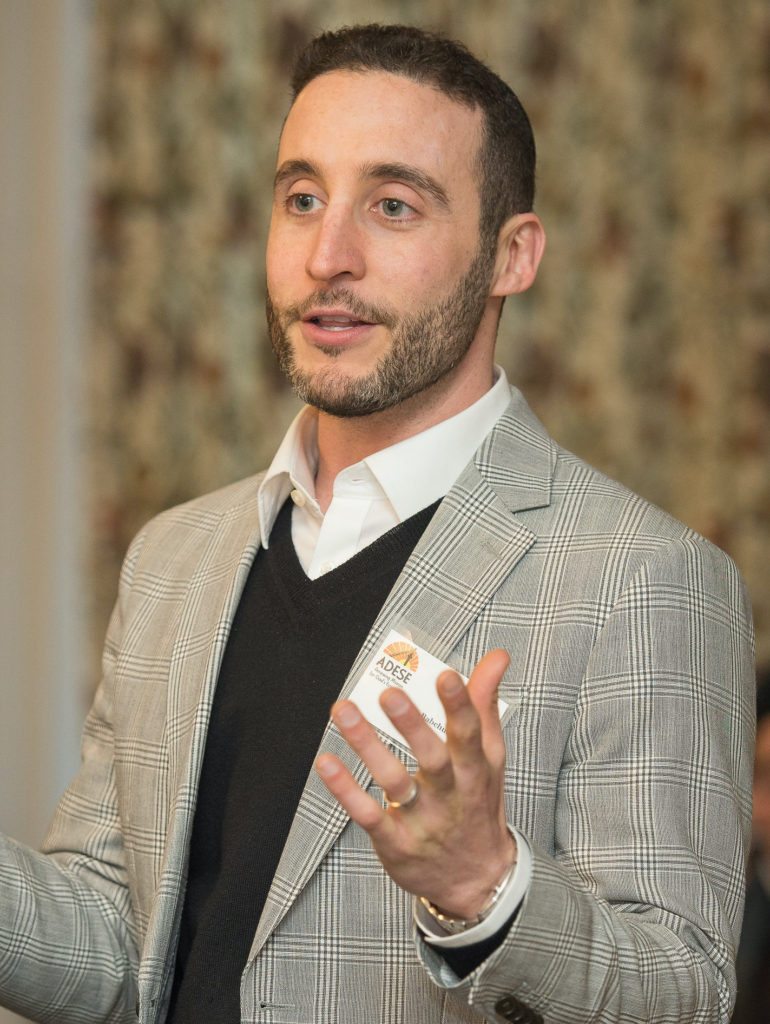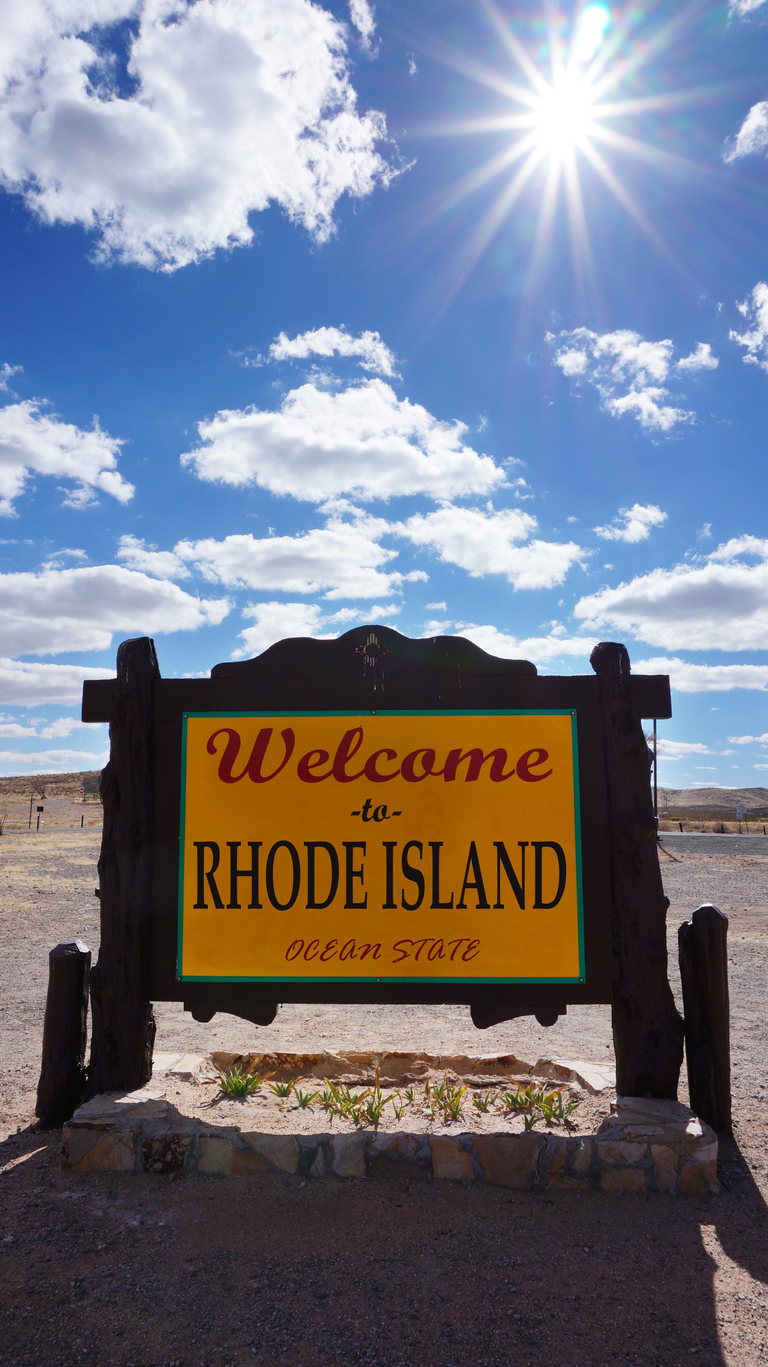“You shall appoint judges and officials for your tribes, in all of the gates (of your cities)” – Deuteronomy 16:18
What are the judges doing at the city gates? If God cared so much about creating systems of justice and righteousness, why position them on the outskirts of each city? Why not the city center, where all the action is?
It seems that the more logical choice would be to place the judges among the people so that they can best understand the community’s culture and ethos, and judge from within, not from without. So why the gates?
Sforno, a 16th-century Italian physician and rabbi, offers an explanation: “By paying special attention to observing these laws, the leaders, especially the judges, would be able to maintain the spiritual level of the people at large.“
Sforno has a sense that – while the action might take place in the city center – the intention is set at the city gates. It is upon entering the city that one might decide their next moves – be they criminal or legal. It’s where the plans are hatched. Where the agenda gets set. Where the decisions are made. What follows after one walks through those gates is a fait accompli – merely a manifestation of a plan already set in motion.
The judges are there not for their own purposes but to spiritually elevate the consciousness of everyone who enters the city, to invite each one of them to act with righteousness and judge one another with grace.
And what better time to set your intentions for how you want to show up in a community than before you step foot in it? In fact, just 10 chapters ago, we are instructed: “Take to heart these instructions with which I charge you this day…inscribe them on the doorposts (mezuzot) of your house and on your gates.” Note – not just the gate of your home. “Gates” is plural because the instructions are to install these inscriptions at every gate in the entire city, just like our judges.
How many of us have rushed into a meeting without thinking through why you’re even showing up in the first place and what gifts you want to bring into it? Or come home at the end of a long day, still holding onto stress that should have stayed at the office before you left? And how’d that work out for you?
I’ve lived in Rhode Island for a little over a decade now and have come to appreciate just how small this state really is and how its makeup is largely defined by the ebbs and flows of its tide. If this helps to give you a sense of that, Rhode Island is jokingly 3% bigger at low tide.
And as it borders Massachusetts and Connecticut and isn’t too far from New York, I find myself going out of state quite often – sometimes even just for a Target run. So several times a week, I pass by a “Welcome to Rhode Island: The Ocean State” sign. Knowing that I’ve got about 10 minutes before I get home, I invite myself to think like the ocean, even if just for a moment.
The ocean is constantly chugging and churning, pushing and pulling, renewing and reinventing. Twice a day, the tide goes out, mixes and blends with the waters of the deep, and comes back in for high tide completely changed. Sometimes it goes out warm and returns ice cold. Sometimes it goes out salty and comes back sweet. And yet, of course, it’s still just water. It’s always just water. So, given that we’re mostly just water, too (well, 60% of me), the metaphor holds up just fine for my little thought exercises.
So I ask myself each time I pass that sign to reenter my home state: who do I want to be this time around? What parts of me could I leave here at the city gates so that I can flow into a more loving, more patient, more generous spirit in this next iteration of myself? And once I’ve gathered a handful of whatever thoughts and images show up for me, I take a deep breath, seal in my intention, and make my way across the border and back to my home.
It doesn’t work every time. Sometimes I go out salty and come back saltier (you can ask my loved ones). But if I’m even 1% successful in my efforts to decide how I want to show up in the world, then perhaps I’m doing exactly what I need to be doing at the gates so that I can be exactly who I need to be once I’ve entered them.

Rabbi Elan Babchuck is committed to leaving behind a world that is more compassionate and connected than the one he found. In pursuit of that commitment he serves as the Executive Vice President at Clal, the National Jewish Center for Learning and Leadership, and the Founding Executive Director of Glean Network, which partners with Columbia Business School. He was ordained in 2012, and earned his MBA that year, as well.
A sought-after thought leader, he has delivered keynotes at stages ranging from TEDx to the US Army’s General Officer Convocation, published in The Atlantic, The Guardian, Washington Post, and Religion News Service, has a column for The Wisdom Daily, contributed to Meaning Making – 8 Values That Drive America’s Newest Generations (2020, St. Mary’s Press) and is the co-author of the forthcoming book Picking Up the Pieces: Leadership After Empire (2023, Fortress Press).
He also serves as:
a Founding Partner of Starts With Us, a movement to counteract toxic polarization in America,
a Research Advisory Board Member of Springtide Research Institute, which focuses on spirituality, mental health and Gen Z,
a founding board member of Beloved Network, a network of startup Jewish communities, and
a member of the Board of Advisors of the Changemaker Initiative.
He lives in Providence, Rhode Island with his wife, Lizzie Pollock, and their three children: Micah, Nessa, and Ayla. In his spare time, he finds sanctuary while climbing rock walls around New England and tending to his backyard garden.

